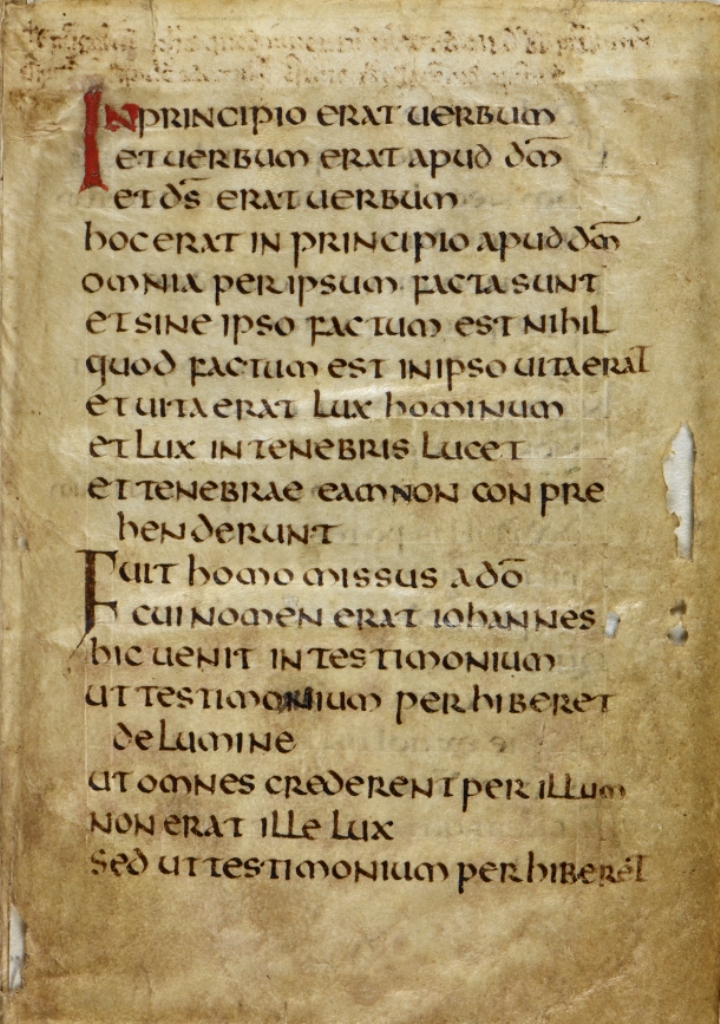Inspiration and Apologetics”
[This paper was delivered at the Lutheran Concerns Association Annual Conference, January 19, 2015.]
Each Sunday we confess that the Holy Spirit “spoke by the prophets.” We learned from our youth that “we do not despise preaching and his word, but hold it sacred, and gladly hear and learn it.” These are confessions that have been handed down to us, which we receive, and which we pass along. They did not originate with us. Their truthfulness does not depend upon us or upon our reasoning. And they do not need to prove themselves to us. We receive them, we are formed into them, because they summarize for us the truth of the Scriptures. That the Holy Spirit spoke by the prophets is a confession, not an argument. It is not “provable” nor does it need proving. That preaching and the Word is sacred does not need to be tested – even if sometimes we preachers may make it difficult to hear that Word clearly.
“But not all have this knowledge,” to borrow, non-contextually, from the Apostle Paul (1 Cor 8:7). The reliability of the text of the New Testament has been called into question in the popular mind. An adjunct instructor at one of the Concordia University schools posted questions from his students about the origins and veracity of the Biblical text. Among these students’ questions:
“How or who initiated putting the writings of the Bible together as one book?”
“Whoever compiled the Bible, how did they decide which stories to publish and which ones to leave out?”
“How were the books of bible chosen to become the bible as we know it today?”
“How do we know that the word of God has not been altered by man throughout the years and in the years w[h]ere no word was written down in particular?”
These are not the questions of radical skeptics who are attacking the Bible. They are students at a Lutheran university who have heard bits and pieces—from who knows where—about the origins and transmission of “The Bible.” The last question in particular shows that these students have been exposed to the idea that the biblical text is unreliable. That it has been collected together, copied, and altered by people, and therefore, they think, we cannot be certain that we can trust it.
These questions have likely been prompted by the flotsam and jetsam of the fragmented media culture in which we live. In the torrent of information that is accessible from an astonishing array of sources, only the loudest, most virulent, and most outrageous claims will be heard. In the realm of religion, the iconoclastic depictions that flood movie theaters and Netflix (The Davinci Code movie and Bill Maher’s Religulous), the over-hyped claims of the Gospel of Judas and the so-called “Gospel of Jesus Wife” (both of which received severe criticism after initial sensationalist reporting), and the unregulated Wild West of Youtube and Facebook, voices that undermine traditional Christian faith and belief rise and embed themselves in popular consciousness. Even among the more informed—by that I mean people who actually read books—these questions are standard fare. [The entire 16-page essay is available here: Manuscripts and Misquoting – Kloha LCA 2015]


Leave a Reply
You must be logged in to post a comment.